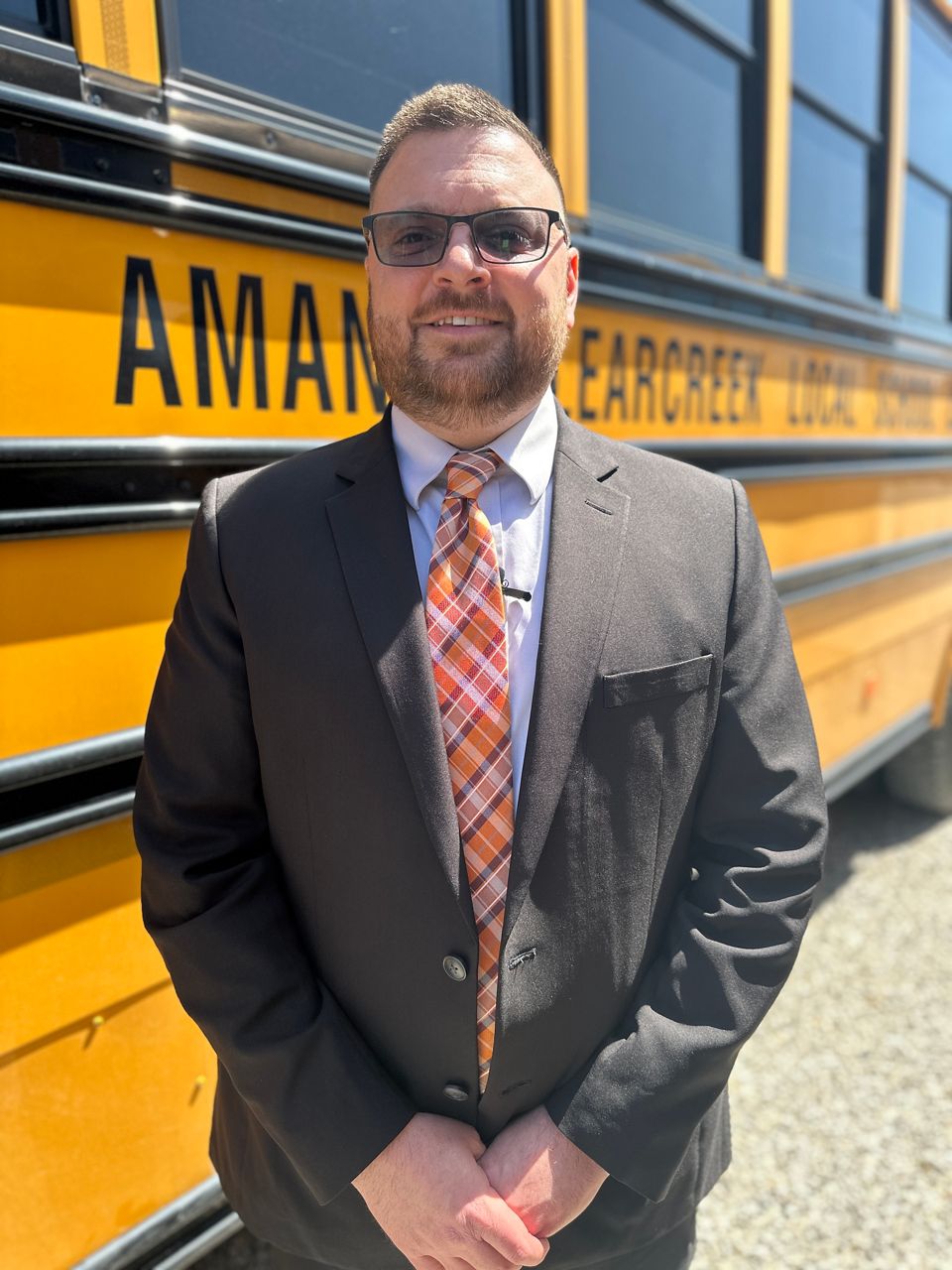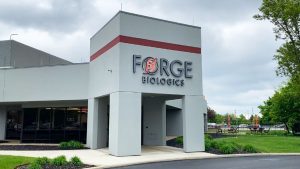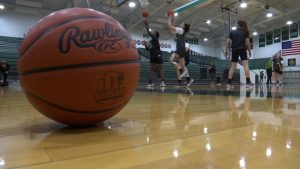HIGHLAND HEIGHTS, Ky. – Anyone who’s ever experienced having to wait weeks to get in to see a doctor for a routine check up, or something more urgent, might be glad to know Kentucky medical schools are taking steps to address a nationwide doctor shortage.
Now that they are officially doctors, Ariel Porter and Allie Kippler will face situations with a lot higher stakes than practicing on each other. They also have already been in many higher stakes situations during their time as students at the University of Kentucky College of Medicine Northern Kentucky Regional Campus.
The chance to care for others is a responsibility they don’t take lightly, and are highly prepared to take on.
“When I decided to be a doctor, I was about 15. So this has now been 11 years in the making. And every time I see an email or anything addressed to Dr. Porter, it’s so incredible, and I feel so honored,” Porter said.
One word came to mind for Kippler: “It is a privilege. Like I feel incredibly honored to say that I’m a physician, and that I get to care for people’s health, and take care of people when they’re going to be in some of the most vulnerable states,” she said.
Kippler and Porter are two of the first 30 doctors to come out of the UK College of Medicine Northern Kentucky Regional Campus.
The associate dean of the campus, and St. Elizabeth Healthcare physician, Dr. Holly Danneman, said the program aims to address a problem that’s become quite apparent.
“There’s going to be a significant shortage of physicians in the very soon years to come,” Danneman said.
The U.S. does not have enough doctors and nurses to treat the population, according to data the Health Resources and Services Administration received from state offices and health departments.
The new report says the U.S. currently needs over 17,000 additional primary care practitioners, 12,000 dental health practitioners and over 8,000 mental health practitioners.
Danneman said it had also become apparent that the college of medicine campus in Lexington could only train so many new doctors to address the issue.
“Although we had a lot of wonderful applicants to the college of medicine, and although we had the desire to be able to educate more physicians for Kentucky, we had truly reached our capacity,” Danneman said.
The Northern Kentucky campus became the third regional campus, along with Morehead and Bowling Green. The inaugural class that arrived in 2019 was part of UK College of Medicine’s largest graduating class ever in May.
Kippler and Porter say they were thrown right into the fire during their time in medical school, following St. Elizabeth doctors, and often performing the roles of St. Elizabeth doctors.
“We get more one-on-one training with attendings, because there are less of us, so there is less of a crowd. So you get more individualized attention, and more hands-on experiences,” Porter said.
Kippler said she thought they had a lot more autonomy than they would’ve gotten at a larger traditional academic center.
“We were delivering babies on our OB rotation. And we would have some of our classmates in Lexington, fourth-year medical students, they have residents ahead of them, they have fellows all ahead of them, who are like, ‘I got to stand in the back and watch,’ or ‘I touched a placenta.’ So I just think that’s a really great advantage to our campus here,” she said.
Having doctors who are prepared is a good thing. It’s even better, Danneman said, when they stay local.
“Studies have shown that if students, physicians, train within a certain state, both for medical school and increasingly if they train here for residency, they have a higher likelihood of staying within this region to practice as physicians,” Danneman said. “We want to be able to really help to increase the number of physicians available to treat patients right here within our community. And we’ve been very successful in doing so.”
Kippler is doing just that by training at the University of Cincinnati Health for her residency.
“I want to give back. I want to serve here, and care for our community,” she said.
She also reflected on something a speaker said at graduation.
“I can’t remember the exact number, but it’s thousands. Thousands of patients that each of us as physicians is going to see, touch and heal. I remember sitting there and I was choking up, ready to cry. So absolutely, I think that is a huge motivator for us to really look back, and realize how many lives we’re going to be able to touch throughout our careers,” Kippler said.
The report from the Health Resources and Services Administration says the healthcare workforce shortage is “more acute” in communities for people of color.




